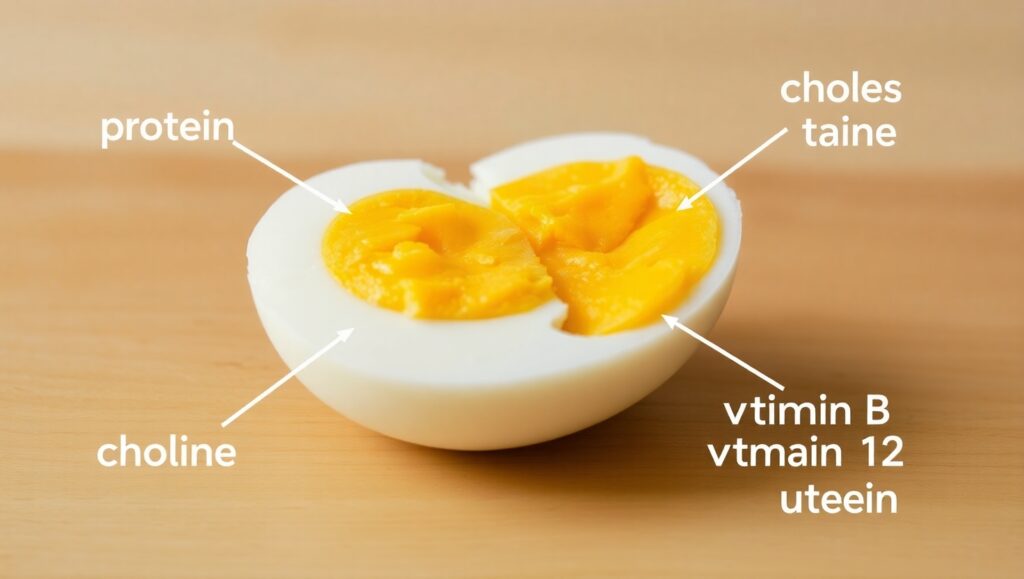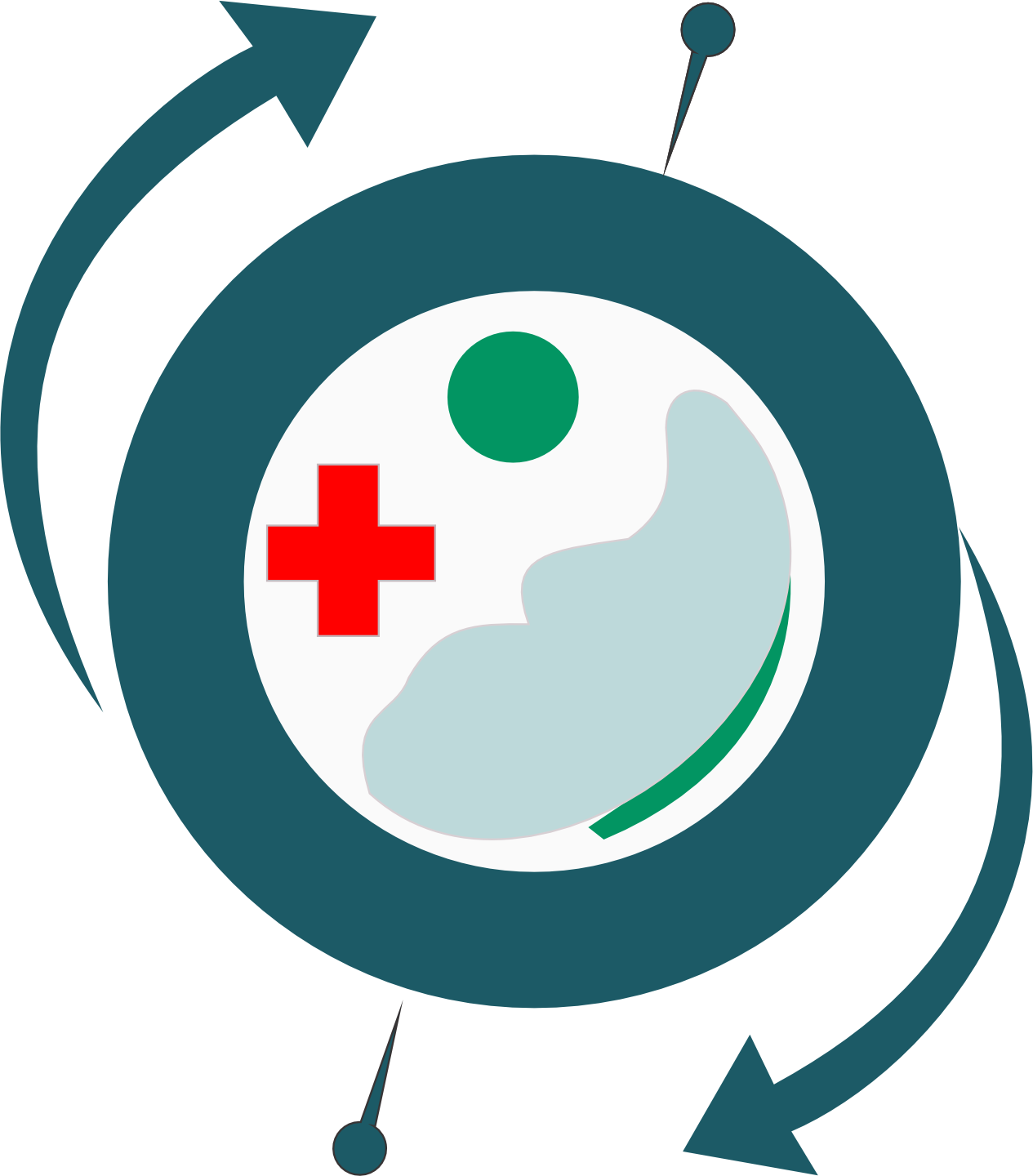Eat Eggs Every Day: Benefits, Risks, and Recommendations
Eating eggs every day is a common practice among people seeking a healthy and balanced diet. Rich in nutrients, eggs are one of the most complete and versatile foods. But is daily consumption really good for your health?
Benefits of Eating Eggs Every Day

High-Quality Protein Source
Eggs are considered a complete protein, meaning they contain all the essential amino acids the human body can’t produce on its own. Eating eggs every day helps maintain muscle mass, improve post-workout recovery, and strengthen bones and tissues.
Essential Vitamins and Minerals
Each egg is a small package of nutrients. Eggs are rich in B vitamins like B12 and B2, and also contain vitamins D, A, and E, as well as iron, zinc, and selenium. These micronutrients play key roles in metabolism, immune support, and skin and eye health.
Appetite Control and Weight Loss Support
Studies show that starting the day with eggs can help control appetite. Eating eggs every day increases satiety, reduces calorie intake in subsequent meals, and naturally supports weight loss. This is due to the combination of protein and healthy fat that prolongs the feeling of fullness.
Brain and Eye Health
Eggs contain choline, a vital nutrient for brain function. It supports neurotransmitter formation and protects nerve cells. Eating eggs daily may enhance memory, concentration, and long-term cognitive health.
Egg yolks are also rich in lutein and zeaxanthin, powerful antioxidants essential for eye health. These compounds help prevent age-related macular degeneration and protect against blue light damage.
Immune System Support
Eating eggs every day may help strengthen your body’s defense system. Selenium, present in significant amounts in eggs, has antioxidant properties and supports immune function. Vitamins A and D also play important roles in fighting infections and regulating inflammation.
Risks of Eating Eggs Every Day: What You Need to Know
Despite their benefits, eating eggs every day may not be ideal for everyone. It’s essential to evaluate individual health conditions.
Cholesterol and Cardiovascular Health
For years, eggs were blamed for raising cholesterol due to the yolk. However, recent studies show that for most people, dietary cholesterol has minimal effect on blood cholesterol.
Still, individuals with high LDL cholesterol or a history of heart disease should consult a healthcare provider before including eggs daily in their diet. The key is balance—pair egg consumption with a fiber-rich, low saturated fat diet.
Allergies and Intolerances
Some individuals may be allergic to eggs, especially children. Symptoms include itching, swelling, respiratory issues, or digestive discomfort. In these cases, egg consumption should be avoided.
Risk for People With Kidney Disease
Individuals with chronic kidney disease need to limit protein intake, including eggs. Eating eggs every day may strain kidney function due to nitrogen produced in protein metabolism. Always follow medical guidance for protein limits.
How Many Eggs Can You Eat Every Day Safely?
There’s no one-size-fits-all answer, but nutritionists and health organizations generally agree on safe consumption levels.
Recommended Guidelines
Research shows that eating up to two eggs per day is safe for most healthy individuals. The American Heart Association acknowledges that, within a balanced diet, regular egg consumption does not increase heart disease risk.
Specific Populations
Athletes and active individuals may safely eat up to three eggs daily due to higher protein needs.
Seniors benefit from eggs to preserve muscle mass and prevent sarcopenia.
Sedentary people should consume eggs in moderation and balance with plant-based proteins.
Diverse food choices are essential, with a diet rich in fruits, vegetables, legumes, and whole grains.
Eat Eggs Every Day: Whole Egg or Just the White?
Many avoid yolks for fear of cholesterol, choosing to eat only egg whites. But this isn’t always the most nutritious choice.
Nutritional Value of Yolk vs. White
Egg whites are high in protein and low in calories and fat, making them ideal for low-calorie or muscle-focused diets.
Egg yolks, however, are where most of the nutrients are found, including:
Vitamins A, D, E, and K
Choline
Antioxidants like lutein and zeaxanthin
Healthy fats
So, eating the whole egg delivers more comprehensive nutritional benefits. For most people, whole eggs do not negatively impact cholesterol when consumed in moderation.
Myths and Facts About Egg Yolks
Myth: “Yolks raise bad cholesterol.”
Fact: For most people, dietary cholesterol doesn’t significantly affect blood cholesterol.Myth: “Whites have more protein than yolks.”
Fact: While whites have more protein, yolks also contribute protein and vital nutrients.
Avoiding yolks means missing many of the egg’s health benefits. The best choice depends on your dietary goals and health profile.
How to Eat Eggs Every Day in a Healthy Way

Eating eggs every day can be part of a healthy lifestyle if preparation and food pairings are well chosen.
Healthier Ways to Cook Eggs
Some methods preserve nutrients and reduce excess fat. Preferred techniques include:
Boiled eggs: preserve nutrition without added fat.
Poached eggs: made with just water—light and healthy.
Scrambled eggs with minimal oil: use a non-stick pan with olive oil or coconut oil.
Steamed eggs: a rarely used but very healthy option.
Avoid deep frying or combining eggs with processed foods like sausages or industrial cheese.
Healthy Food Pairings
To maximize the benefits of eating eggs every day, combine them with fiber- and antioxidant-rich foods. Good examples:
Breakfast with eggs, whole-grain bread, and fruit
Salads with boiled eggs, leafy greens, and olive oil
Scrambled eggs with vegetables like spinach, tomatoes, and zucchini
Grain bowls with poached eggs, avocado, and seeds
These pairings support steady energy levels, aid digestion, and create a balanced, nutrient-rich meal.
Additional Resources on Eating Eggs Every Day
Eggs are a source of vitamin B12, essential for neurological health. Want to know if you’re getting enough? Discover the key signs of vitamin B12 deficiency.
Managing blood sugar involves smart food choices. Learn how eating eggs every day fits into a diet aimed at preventing or reversing prediabetes in this article: Can prediabetes be cured?
A Harvard Health article explains that one egg per day is safe for most people without increasing heart disease risk. Read more on Are eggs risky for heart health?


No responses yet